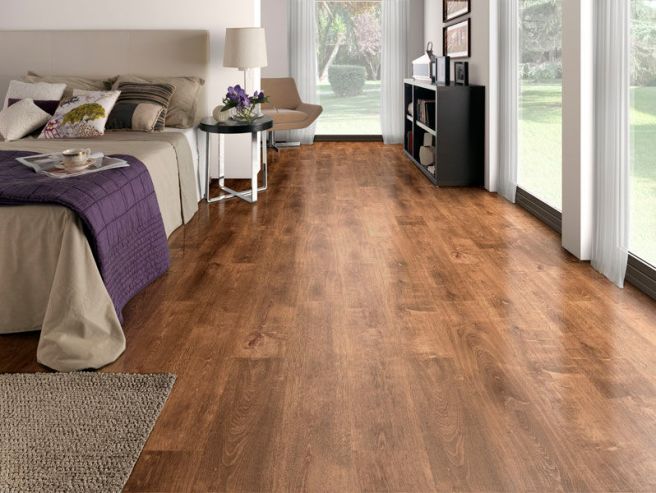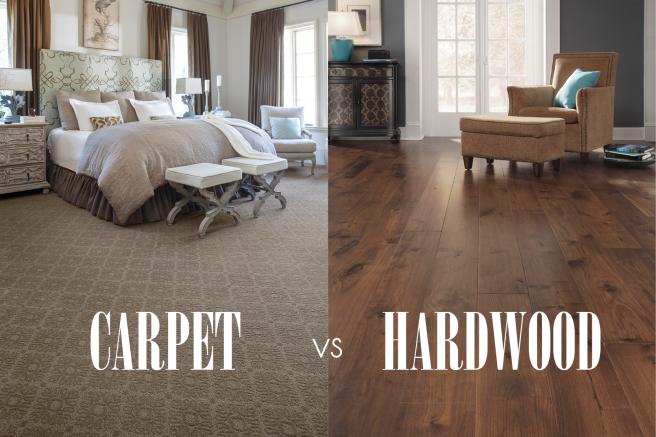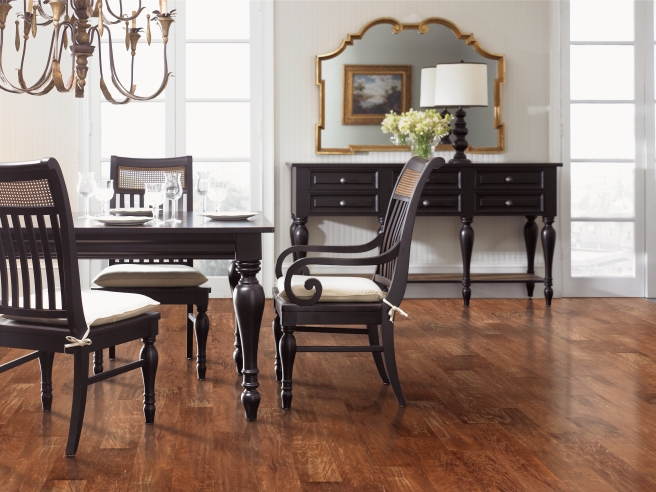
When building a new home or remodeling an existing home, flooring choices are everything. With pets present, this becomes even more important, because pets are just as hard, if not harder, than people on flooring surfaces. What are the best flooring choices for pets in the home?
Vinyl
Vinyl flooring is a popular flooring option for families with pets. Luxury vinyl and vinyl sheet are highly durable, long-lasting, and resistant to moisture, scratches, and dents. They are also easy to maintain. And here’s another benefit of vinyl: it softens the sound of your pet’s nails when they walk across the floor.
Earthscapes
The unique construction of Earthscapes™ Vinyl Flooring provides a comfortable and long-lasting choice for carefree everyday living. With beautiful designs and textures that so closely mimic hardwood, tile, and stone, we promise you’ll be tempted to reach out and feel these floors.
LVT/LVP

The breakthrough new flooring – giving you waterproof protection, tough as nails durability and high-end, handcrafted designer looks. Backed with a warranty that includes LIFETIME coverage for wear, fade, stain, gauges, dents, water and more – Invincible™ H2O™ Luxury Vinyl offers the ultimate peace of mind. Carpet One Floor & Home’s premier luxury vinyl tile collection, Invincible™ LVT features cutting edge technology to give you a floor that is so realistic, yet is super tough and virtually care-free. This means no expensive or time-consuming maintenance for you!
Laminate

Laminate is an excellent choice if you have a pet who has the run of the house. The easiest care, lowest maintenance flooring available – you get the luxurious great look of authentic hardwood or tile but you also get to keep your life easy – with the maintenance or hassle of the real thing. Not only will you have a beautiful floor – but you’ll you more time to enjoy it. Why spend another minute on tedious maintenance?
Hardwood
Hardwood flooring and pets aren’t typically a marriage made in flooring heaven. If your pet creates any spills or puddles on your hardwood floor, you have to mop them up immediately because the boards can stain and warp from moisture. Pet nails and toys can also wreak havoc on a hardwood floor.
Invincible Hardwood Collection

Utilizing the most advanced milling and finishing techniques, the Invincible™ Hardwood Collection brings authentic distinction of hardwood flooring to your home in a product designed to withstand years of use. Intensity Surface Shield™ is engineered with multiple layers of aluminum oxide infused with nano-particles offering the strongest resistance to scratches, scuffs, and wear.
Carpet
When it comes to pets, carpet is likely the worst flooring choice one can make, simply because it is easily damaged by pets. Even normal wear and tear on carpet in a pet-free home happens faster than with other flooring options. If carpet is the only choice because it is the most cost-effective option for home flooring, the best thing to do is choose a carpet without loops as pet nails can snag on the loops and cause the carpet to wear faster.
Relax It’s…Lees

Lees® is the toughest carpet, offering both stain resistance and style. It repels spills to make cleanup quick and easy. So it stands up to everyday life – the parties, spills, messes, even new puppies – while ensuring a beautiful-looking carpet for years to come. Only Lees® combines the product performance technologies, after-sale assurance and historical track record that allow you to relax know that you’ve made the best purchase for you and your family.
Bigelow Stainmaster

One of America’s premier carpet brands, Bigelow Stainmaster offers the assurance of Bigelow’s long-standing reputation for quality and Stainmaster’s trusted stain-protection technology. Together, this carpet provides you with the best possible choices for your home.
Tigressa H2O

From kids to pets, life can be tough on your floors. Tigressá® H2O™ is the revolutionary new carpet offering waterproof construction, that prevents liquids from soaking into the carpet padding and subfloor. Perfect for young, active families, Tigressá® H2O™ carpet is exceptionally durable and easy to clean.
Smart Strand Forever Clean by Mohawk

The most durable, easiest-to-clean carpet on the planet just got better. SmartStrand Forever Clean carpet now features All Pet Protection and Warranty, the only pet-friendly carpet protection system that covers all pets, all accidents, all the time. Now SmartStrand is an even smarter choice for pets and pet owners.
- 0% moisture absorption to reduce pet odors in the carpet fiber
- Nanoloc™ spill and soil shield for quick and easy cleanup
- 3X easier to clean dirt, hair, and pet dander
- Lifetime, built-in stain protection
——–
While budget and ease of installation will be factors impacting the flooring decisions of a home, taking the time to consider the best flooring options for pets beforehand may save money in repairs and frustration in the long run. Cutting corners on flooring to save money is not a good choice if the flooring needs to be replaced in a few months or even a year due to the wear and tear from the pets.






